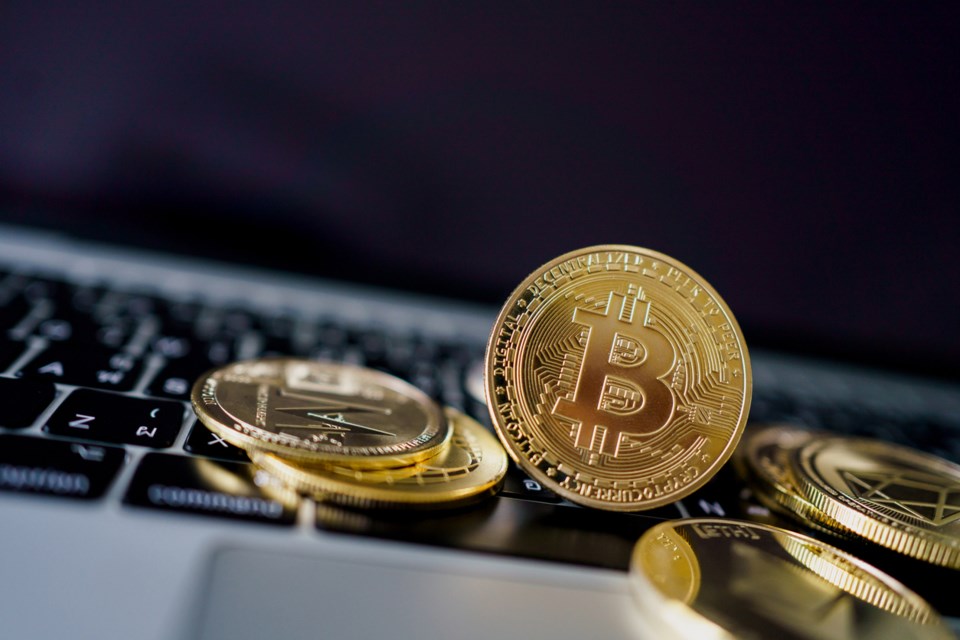If you take a look at the statistics, bitcoin trading has doubtlessly grown in popularity in recent years. Since the cryptocurrency's launch in 2009, its value has grown dramatically, and many investors have profited greatly as a result. So - is investing in Bitcoin really worthwhile?
The response is that it depends on your particular circumstances. Trading cryptocurrency entails risks, just like any other type of investment. Before you start investing, it's critical to comprehend the markets and how they operate and to follow the price of bitcoin daily. But, if you take the time to understand the technology underlying Bitcoin and other cryptocurrencies, as well as the risks involved, the potential returns can be very high.
What advantages does Bitcoin trading offer over other forms of financial investment?
Compared to other types of financial investment, bitcoin trading has several benefits. The fact that it is decentralized, or that no one organization controls it, is one of its key advantages. Because of this, it is safer and less susceptible to manipulation than conventional investments. That said, and since Bitcoin trading is available around-the-clock, traders can profit from market changes whenever they happen. Quite conveniently, compared to other payment options, Bitcoin transactions have low transaction fees and are quick and safe. Last but not least, trading Bitcoin provides access to a variety of markets and assets that may not be accessible through conventional investments.
Are there any tax implications for making money through Bitcoin trading?
Indeed, earning money through Bitcoin trading has tax repercussions. Cryptocurrencies are viewed by the Internal Revenue Service (IRS) as property rather than money. This implies that you must declare any earnings you make from trading Bitcoin or other cryptocurrencies as capital gains on your tax return. You can be eligible for a long-term capital gains rate, which is normally lower than the short-term rate if you keep the cryptocurrency for longer than a year before selling it.
Furthermore, you might need to declare those transactions as income and pay taxes in accordance with them if you use Bitcoin to pay for products or services. It's crucial to keep thorough records of every bitcoin transaction you make so that you may appropriately declare it on your tax return.
How does the current geopolitical climate affect Bitcoin trading?
Trading in Bitcoin has been significantly impacted by the present geopolitical environment. Bitcoin, the most popular cryptocurrency in the world, is extremely sensitive to news and events occurring abroad. For instance, concerns about economic instability led to a dramatic decrease in the value of Bitcoin when the US-China trade war started in 2018. Similar to how tensions between the US and Iran grew in 2020, investors sought safe havens from imminent violence, which increased demand for Bitcoin. Now, in 2023, the interest in trading these digital currencies is only higher.
Are there any potential risks of trading Bitcoin?
Indeed, there could be hazards involved with trading bitcoin. The value of Bitcoin can be incredibly unstable and unpredictable, which is one of the biggest hazards. This implies that if you make a poor investment choice or the market unexpectedly crashes, you might stand to lose a lot of money. It might also be challenging to safeguard your investments from fraud or theft because Bitcoin is not governed by any government or financial organization. On top of that, there is the possibility that technical problems, such as network outages or software defects, will result in the loss or inaccessibility of your cash.
If you do decide to invest in Bitcoin, make sure to diversify your portfolio by investing in other assets as well. This will help minimize risk while allowing you to capitalize on potential gains from cryptocurrency investments. Be sure also to research reputable exchanges where you can buy or sell Bitcoin safely and securely. With proper knowledge and preparation, trading Bitcoin can be lucrative for those who are willing to take the time to educate themselves about this evolving asset class.



